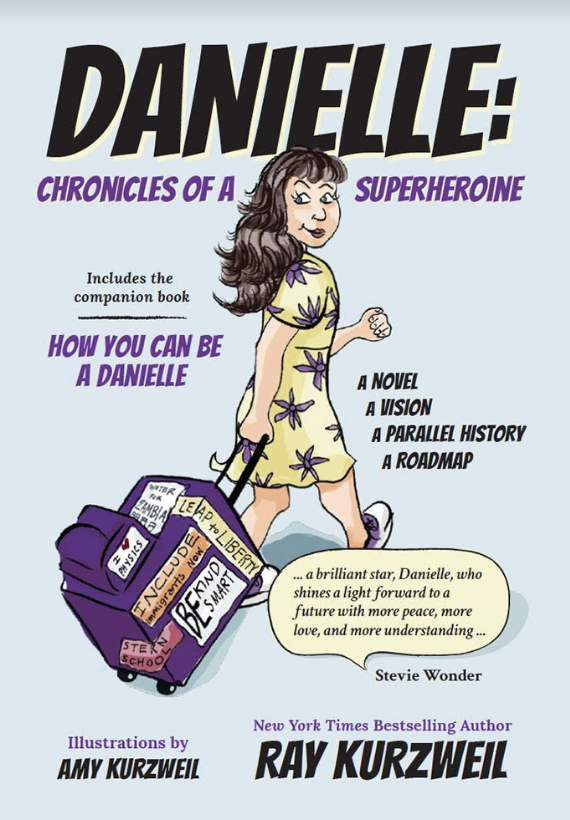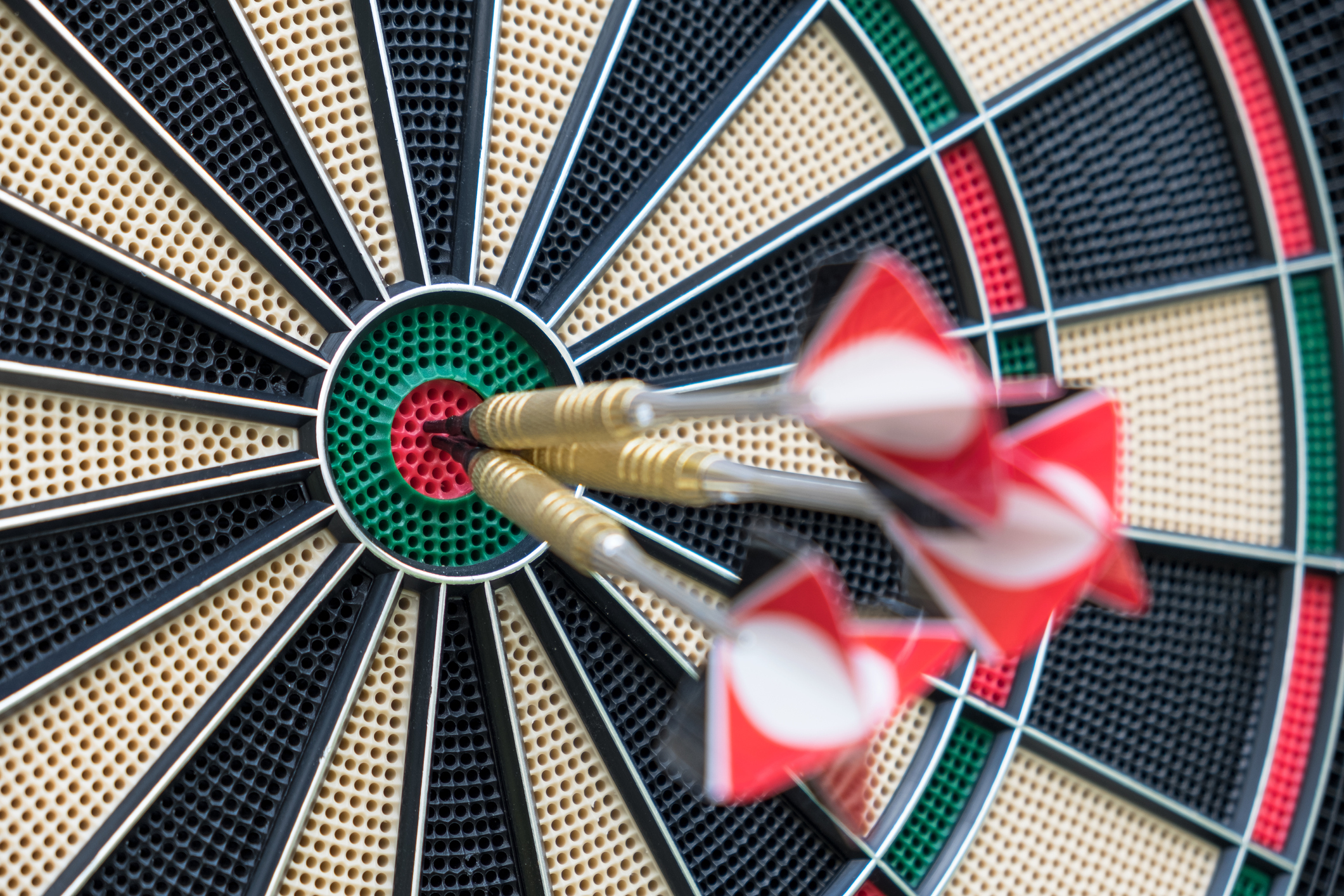Your mental habits are a lot like your diet. Just as exercising and eating healthy foods will make your body strong and healthy, consuming well-founded information from reliable sources will equip you to be a critical, independent, and objective thinker.
Here are some useful principles for maintaining a healthy information diet:
Draw from diverse perspectives. No single source of information is completely right all the time. Every newspaper, television commentator, blogger, and author has their own strengths and weaknesses. The best solution is to seek out a wide range of contrasting views on important topics. If you see the best arguments for an idea and the best arguments against it, you can make an informed judgment about which arguments are backed up by better logic and evidence.
Seek original sources. Many factual claims you see online simply aren’t true. Many pundits on television and online make false claims, and there is no “referee” to correct them. So whenever you hear a dramatic statement—an improbable fact, an extreme number, or a surprising explanation—see if you can trace it back to a reliable source. For example, if you read an article from a site called PatriotEagle4USA.com claiming without proof that two million refugees have entered the US from Syria, search on Google for independent confirmation. Is that number reported in respected news sources like the New York Times or Wall Street Journal? Or official government statistics? If not, you should not believe it (for the record, that’s about 100 times the real number).
Avoid false equivalencies. When you’re thinking critically about what a leader is telling you, you’ll often find that they have made misleading statements. You’ll naturally be tempted to be angry about this, but their supporters will say: “Well, what about the lie that his opponent told?” It’s hard work to figure out the truth, so it can be very tempting to just conclude that all politicians are liars and it doesn’t matter who’s in charge. This is a dangerous lapse in critical thinking. In trying to find who is more trustworthy, remember that not all lies are equivalent. An exaggeration of a true fact (e.g. saying that a policy saved $10 million when it really saved $8 million) is not nearly as bad as fabricating events that never happened at all, or denying provable facts that can be verified with a 5-second Google search. Since nobody in politics is 100% faultless, critical thinking is required to separate the “ordinary lies” from the “big lies” and focus your energy on opposing the most dangerous falsehoods. One of Hitler’s techniques was called the “big lie,” for example blaming all of society’s ills on the Jews.
Consider alternatives. When you think you’re starting to figure out the truth about something, it’s easy to suffer what’s known as “confirmation bias.” When you see information that supports an idea you already like, your mind naturally wants to accept it. This may lead you to the wrong conclusion. To fight against confirmation bias, you have to make extra effort to consider other possible explanations. For example, if you are an advocate of equal justice for racial minorities, you should be careful about assuming that all unequal outcomes are the result of racism. In each case, ask yourself what role might be played by other important factors like poverty, education, and bad policies. This can make you a more effective advocate against actual racism.
Take responsibility. Adolf Eichmann’s problem was that he didn’t take any moral responsibility for his actions. As long as his superiors ordered him to do something, he felt that wiped away any guilt for what he was doing. Thinking critically requires taking moral responsibility for what you do and what you say. The best way to avoid going along with injustice is to not pass off your moral choices to anyone else. If something is right, you should be able to explain why it’s right—and if it’s wrong, you should be able to explain why it’s wrong.

Excerpted from a new novel by Ray Kurzweil: Danielle: Chronicles of a Superheroine.
Special pre-order offer exclusively for Thrive readers.


